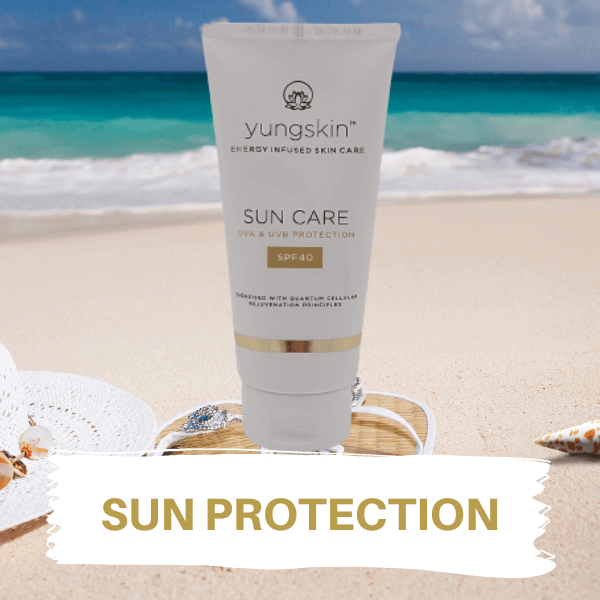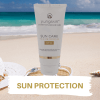
Hyperpigmentation: Causes, Symptoms, and Treatments
Hyperpigmentation: Understanding and Treating Uneven Skin Tone
Hyperpigmentation is a common skin condition that affects people of all ages and skin types. It occurs when there is an overproduction of melanin, the pigment responsible for giving color to our skin. This results in the appearance of darker patches of skin, commonly known as “age spots,” “sun spots,” or “brown spots.” While hyperpigmentation is not harmful, it can be a cause of self-consciousness and affect your confidence. In this article, we will discuss hyperpigmentation, its causes, and how to treat it.
What Causes Hyperpigmentation?
There are several factors that can lead to hyperpigmentation, including:
- Sun exposure: The most common cause of hyperpigmentation is sun damage. The sun’s UV rays stimulate the production of melanin, causing the skin to darken.
- Hormonal changes: Changes in hormones can also cause hyperpigmentation. This can happen during pregnancy, menopause, or while taking hormonal medications.
- Inflammation: Inflammatory skin conditions like acne, eczema, and psoriasis can cause hyperpigmentation.
- Injuries: Injuries like cuts, burns, and scrapes can also result in hyperpigmentation.
- Genetics: Some people are more prone to hyperpigmentation due to their genetic makeup.
How to Treat Hyperpigmentation?
There are several treatment options for hyperpigmentation, including:
- Topical treatments: Topical treatments are creams, gels, or lotions that contain ingredients like hydroquinone, retinoids, and vitamin C. These ingredients work to lighten the skin and reduce the appearance of dark spots.
- Sun protection: Protecting your skin from the sun is essential to prevent further hyperpigmentation. Use broad-spectrum sunscreen with an SPF of 30 or higher every day, even on cloudy days.
Prevention is Key
Preventing hyperpigmentation is easier than treating it. Here are some tips to prevent hyperpigmentation:
- Wear sunscreen: Protect your skin from the sun by wearing broad-spectrum sunscreen with an SPF of 30 or higher every day.
- Limit sun exposure: Avoid spending too much time in the sun, especially during peak hours.
- Cover up: Wear protective clothing like hats and long-sleeved shirts to protect your skin from the sun.
- Avoid hormonal medications: If possible, avoid taking hormonal medications that can cause hyperpigmentation.
- Seek treatment early: If you notice any dark spots or uneven skin tone, seek treatment as soon as possible. Early treatment can prevent the condition from worsening.
- Recommend solution: Yungsking Flawless Skin Kit contains products to help resolve Hyperpigmentation.
In Conclusion
Hyperpigmentation is a common skin condition that can affect people of all ages and skin types. While it is not harmful, it can be a source of self-consciousness and affect your confidence. Understanding the causes and treatment options for hyperpigmentation can help you take the necessary steps to prevent and treat it. If you are experiencing hyperpigmentation, talk to your dermatologist to determine the best course of treatment for you.















